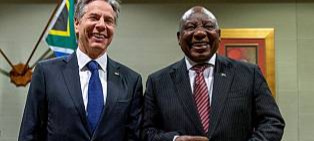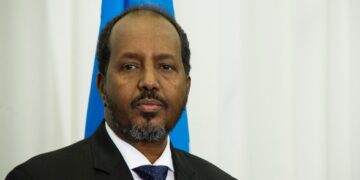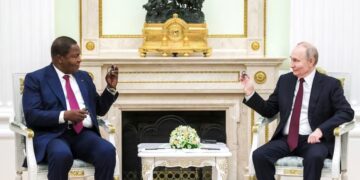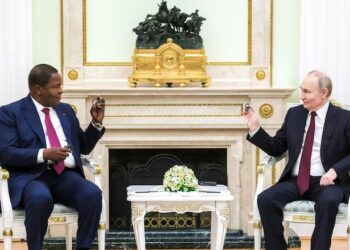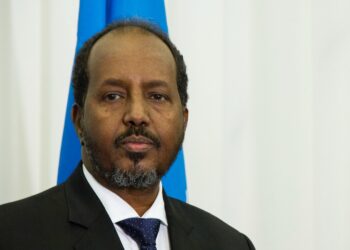By Enyichukwu Enemanna
Few weeks after the visit of US Secretary of State to Africa, President Joe Biden will on September 16 receive his South African counterpart, Cyril Ramaphosa at the White House in what appears to be an attempt to draw Africa closer even as the continent maintains a neutral stand in the Russia’s war in Ukraine.
Blinken at his visit to South Africa last month, said the Biden administration sees Africa´s 54 nations as “equal partners” in tackling global problems.
The White House on Thursday announced the visit amidst disappointment that South Africa and much of the continent have not added their voices in joining the US to condemn the Russian invasion of Ukraine.
South Africa abstained in a United Nations vote to condemn Russia’s action, and Ramaphosa has avoided any criticism of Russia and instead has called for a mediated peace.
Biden and Ramaphosa, who spoke by phone in April, are expected to focus their talks on trade and investment, infrastructure, climate and energy, public health and South Africa´s leading role on the continent, officials said.
Biden also plans to host a US-Africa leaders summit in December.
“The two Presidents will reaffirm the importance of our enduring partnership, and discuss our work together to address regional and global challenges,” White House press secretary Karine Jean-Pierre said in a statement announcing this month’s meeting.
During the Blinken visit, Foreign Minister Naledi Pandor maintained South Africa´s neutrality on the Ukraine war. In a press briefing following the meeting, Pandor accused the U.S. and other Western powers of focusing on the Ukraine conflict to the detriment of other international issues.
“We should be equally concerned at what is happening to the people of Palestine, as we are with what is happening to the people of Ukraine,” she said.
Blinken for his part underscored that Russia´s blockade of Ukraine´s Black Sea ports has led to scarcities in grain, cooking oil and fertilizer – an issue that has had disproportionate impact on Africans.
“The U.S. is there for African countries in this unprecedented crisis, because that´s what partners do for each other,” Blinken said. “The United States will not dictate Africa´s choices, and neither should anyone else. The right to make these choices belongs to Africans, and Africans alone.”
South Africa´s neutral position is largely because of the support the Soviet Union gave during the Cold War era to Ramaphosa´s African National Congress in its fight to end apartheid, South Africa´s regime of repression against the Black majority that ended in 1994. South Africa is seen as a leader of the several African countries that will not side against Russia.
